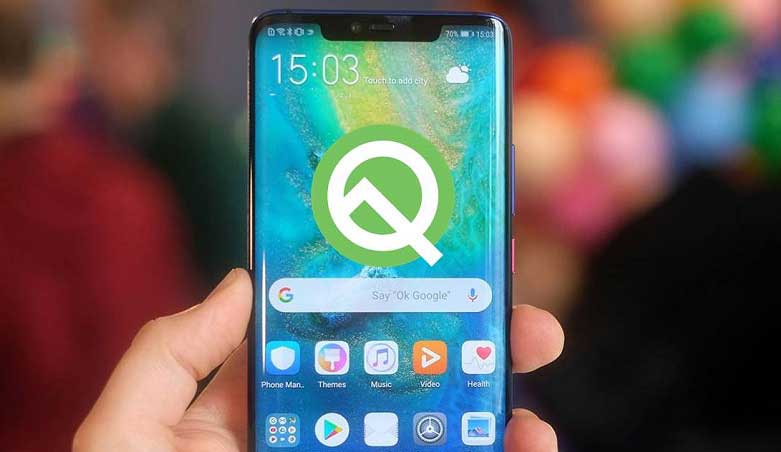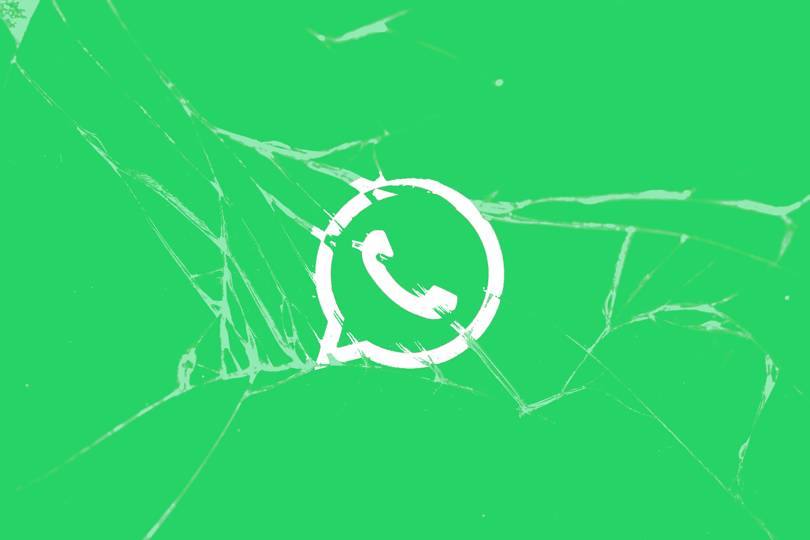Scraping site without permission likely doesn’t violate illegal laws as long as the data is public, a US court has concluded. The Ninth Circuit Court of Appeals said LinkedIn most likely couldn’t tell an analytics company to stop pulling profile information from its platform. LinkedIn had sent the HiQ, company, a cease-and-desist letter — which has been enough to declare companies “unauthorized” in earlier cases.
An appeals court situated in California, US, today said it’s not illegal to scrape data from public websites without any preceding authorization. Web scraping refers to the process of collecting large troves of data with the use of web crawlers – scripts designed to lift data and information from web pages.
A California federal court has handed a setback to LinkedIn in a case that could determine whether scraping a public website triggers illegal law. The 25-page ruling holds that federal anti-hacking law isn’t triggered by scraping a website, even if the website owner—explicitly asks for the scraping to stop.
BIG NEWS: 9th Circuit holds that scraping a public website likely does not violate the CFAA, even after website owner prohibits with a cease-and-desist letter; language strongly suggests CFAA only applies to bypassing authentication. Blog post up soon. https://t.co/OiWWDSFsFA #N pic.twitter.com/A7hjg0iife
— Orin Kerr (@OrinKerr) September 9, 2019
The ruling comes after a legal dispute between LinkedIn and data analysis firm HiQ. LinkedIn sent a cease letter to HiQ, challenging to stop scraping the site. In response, the data analytics organization counter-used in hopes of blocking LinkedIn from interfering.
The company argues that it blocked HiQ from scraping the data to protect it’s individual’s privacy. On the flip side, the data Analytics Company said LinkedIn started blocking its scraping requests only after it launches its analytics tool.
The court banned the Microsoft-owned company from blocking HiQ’s attempts to scrape data from publicly available profiles on the platform.
A LinkedIn spokesperson told that the Register Company will continue to fight the case: We’re dissatisfied with the decision of the court, and also evaluating our options following this appeal. LinkedIn will continue to fight to defend our members and the information they entrust to LinkedIn.
In earlier cases, such as Craiglist v 3 Taps and Facebook v Power.com, courts have sided with companies whose data was being scrapped. Moreover, in this case, it might set a new example if the decision of appeal court stands. However, it might put at risk the privacy and data of users who have a public profile.





